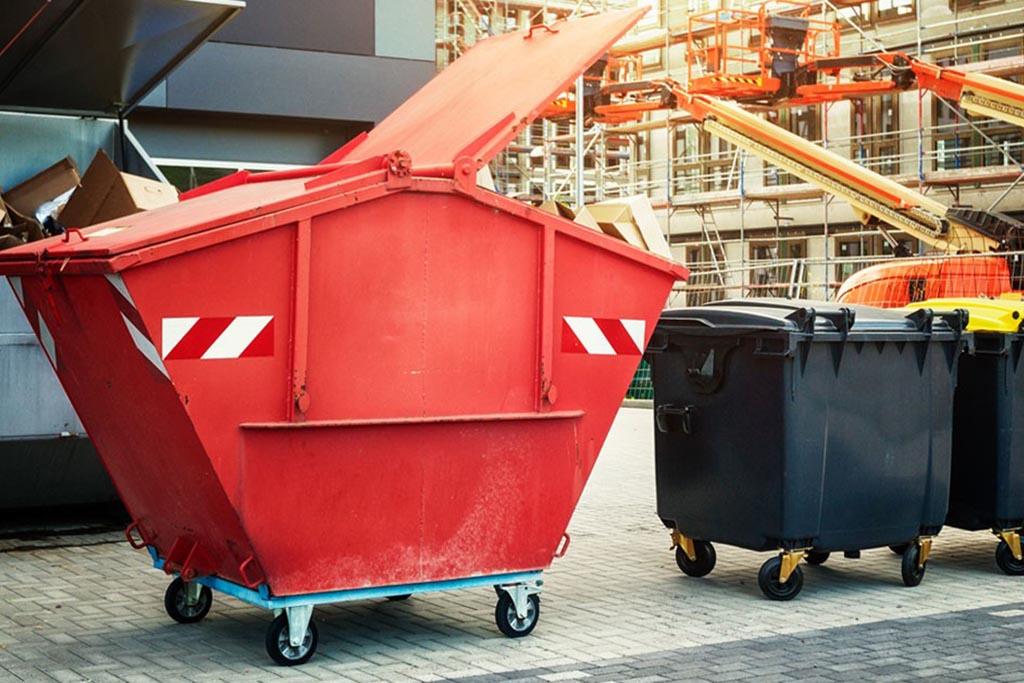The majority of folks have at least once rented a skip bin because they’re handy for so many different kinds of tasks. But, if you fill your skip bin wrongly or hesitate before filling it with dangerous goods, you subject waste removal workers and yourselves to possible harm which may be easily prevented by paying attention to a few crucial guidelines. This post will discuss a few of the most crucial safety guidelines for renting skips for hire which you should abide by to protect others as well as yourself and lower the possibility of mishaps.
The Best Skip Bin Safety Advice You Should Take
The most important thing to consider while using a skip bin is safety. Even though they are a useful tool for managing garbage, misuse can result in mishaps or injury. The simplest method to avoid any problems is to fill the skip bin correctly! These are our best suggestions for making the most of your skip bin while ensuring everyone’s safety:
Get Ready for the Arrival of Your Skip Bin
Being sure there are no obstacles in the drop-off location and that the region is free of clutter before the skip bin arrives is crucial. Accidents throughout the skip placement process are avoided in a clutter-free area. It’s not only a terrific technique to ensure that the delivery staff can work in a safer area, but it also makes sure that the bin will be placed precisely where you’d like it. To ensure you’re ready and prevent any misunderstandings, be sure to confirm the drop-off date and time with your skip bin service provider!
Careful Selection of Materials
Put lighter things on top and heavier stuff at the bottom of the skip bin while filling it. It reduces possible hazards and aids in stability while transportation.
Steer Clear of Hazardous Materials
Batteries, asbestos, and other hazardous waste are not appropriate for disposal in skip bins. Take care when disposing of these things to avoid harming the environment or yourself. The first step is to be aware of the types of hazardous waste commonly found in your surroundings, such as chemicals, batteries, and electronic waste. Proper disposal methods are essential; individuals should follow local regulations for recycling or disposing of hazardous materials.
Minimizing the use of toxic products, choosing eco-friendly alternatives, and storing hazardous materials securely can help prevent accidents and contamination. Education and training on handling and managing hazardous waste are important for raising awareness and promoting safe practices in homes, workplaces, and communities.
Don’t Fill the Skip Bin Too Much
It makes sense that you would want to maximise your investment, but injuries are far more likely to result from an overloaded skip bin. Transporting overloaded skip bins is prohibited as well since the contents may fly out and injure passing cars. Don’t fill the skip bin more than halfway! Think about buying a larger skip bin if objects are beginning to overflow the top of the current one. The last thing you would like is for your bin to be refused for pickup since it is too full.
Ensure that the Skip is Evenly Loaded
It is crucial to load a skip bin with equal weight distribution. Keeping this equilibrium is essential for safety, particularly when having service providers move your skip. If the skip is loaded unevenly, it may tilt or shift, which increases the risk of spillage or even collisions on the road. Take the time to occasionally verify that both sides of the bin are evenly full as you fill it. Ensuring that the waste contents of your skip bin are correctly distributed can prevent the skip from getting unbalanced and maximise the utilisation of available space!
Never Use Your Feet to Crush Rubbish
Compressing trash to make more space in your skip bin might appear like a smart idea, but it is likely to end in mishaps, especially when your skip contains glass or sharp wood splinters. No matter how much you’d like to put extra rubbish in the bin, you ought to prevent sticking your feet inside! The safety risk, such as a cut or sprained ankle, isn’t worth it.
Put on the Proper Safety Equipment for Waste Removal
Wear appropriate personal protection equipment (PPE), which includes gloves and strong footwear, while loading or unloading the skip bin to shield yourselves from possible harm.
Report Damage Right Away
Notify the service provider right once if you see any harm done to the skip bin. Using an unsecured skip bin puts people’s safety at risk & may end in mishaps.
Final Words
Skip bins are a convenient and practical way to get rid of rubbish, but using them properly means paying close attention to safety, ecological effects, and compliance with laws. You may ensure a seamless and secure waste disposal procedure by selecting the appropriate container, filling it correctly, and abiding by the rules. Visit luckylify for more interesting articles. Also read: Why Waste Segregation Is Crucial for Recycling?
